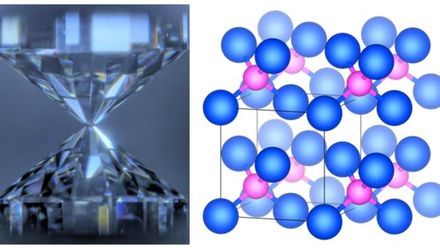Transforming the Foundations Industries Research and Innovation Hub concludes activities
After three years, the Transforming the Foundations Industries Research and Innovation Hub (TransFIRe) ends their work with a published report.

TransFIRe was set up to reduce energy and resource use within the cement, ceramics, chemicals, glass, metals and paper industries – collectively known as the Foundation Industries (FIs).
The interdisciplinary hub explored more than 350 industrial symbiosis opportunities, leading to over 10,000t of waste diverted from landfills.
The Research advances in the Foundation Industries report identified energy savings of up to 20% and reducing CO2 emissions by a quarter if best practices are implemented.
Key highlights from the Hub’s work include:
- Re-evaluation of mineral waste – Unlocking the hidden value of mineral waste in the UK through work with the British Geological Survey (BGS).
- Exploring low-carbon cement solutions – Advancing low-carbon solutions within the UK cement industry to reduce its carbon footprint, working with the University of Leeds.
- New uses for electric arc by-products – Experts at Cardiff University working with Celsa Steel UK to analyse the by-products from its electric arc furnaces, exploring potential applications and solutions for recycling and reuse.
- The Green Copper Refinery Project – A feasibility report on the UK’s first zero-emission copper foil plant was delivered by Cardiff University and Evolve Metals.
- Turning e-waste into gold – Working closely with the Royal Mint, the TransFIRe team at Cardiff University partnered with Canadian clean tech start-up Excir, to explore the possibilities of extracting precious metals from electronic waste (e-waste), including gold.
Professor Mark Jolly FIMMM says the work from TransFIRe has ‘left a lasting impact on the FIs’.
TransFIRe was funded by the UK Research and Innovation’s Transforming Foundation Industries Challenge, delivered by Innovate UK, EPSRC and ESRC.
It brought together 12 research organisations led by Cranfield University and included more than 130 key partnerships across the FIs.









